Pakistani president's 10-day China visit: From infrastructure to geopolitics Decades-long calculations
A recent article by Daily Islamabad Post delves into the strategically evolving Pakistani-Chinese ties. Caliber.Az reprints the piece.
“President Asif Ali Zardari, co-chairman of the Pakistan People’s Party (PPP) and one of the country’s most seasoned politicians, has embarked on a rare and strategically important 10-day visit to China.
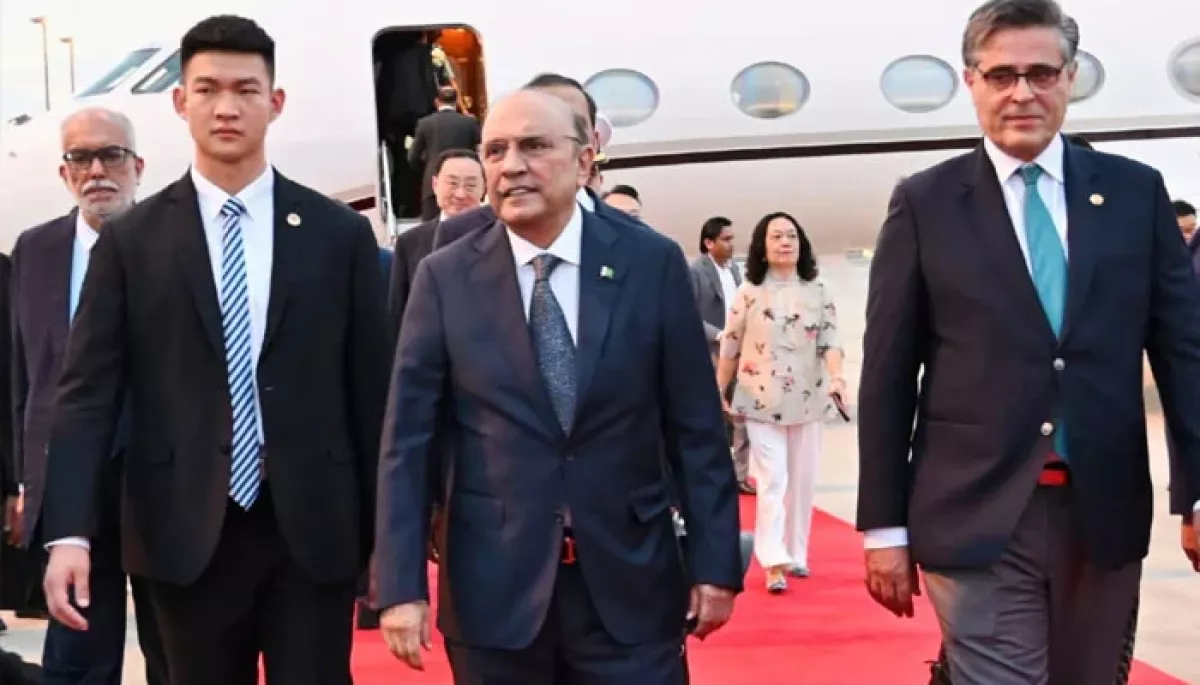
The unusually long duration of the trip itself makes it distinctive, since heads of state generally do not undertake such extended visits. This signals that both Beijing and Islamabad attach exceptional importance to this engagement. In many ways, Zardari’s visit is not just ceremonial diplomacy but a calculated move within the broader canvas of Pakistan-China relations, particularly in the context of the China-Pakistan Economic Corridor (CPEC) and its second phase, CPEC-II.
For years, we have been highlighting the undeniable fact that China has enormous stakes in Pakistan. CPEC, launched under the Belt and Road Initiative (BRI), is perhaps the most ambitious infrastructure and connectivity project in Pakistan’s history. It has brought roads, energy projects, ports, and industrial zones to a country whose successive governments had failed to prioritize infrastructure development. Without CPEC, Pakistan’s road network and energy sector would be far weaker. Whatever tangible development we see today is largely because of Chinese investment and planning.
Now, with CPEC-II expected to be launched in the near future, China is carefully recalibrating its approach towards Pakistan’s domestic political landscape. China now seems determined to broaden its outreach to all major stakeholders.
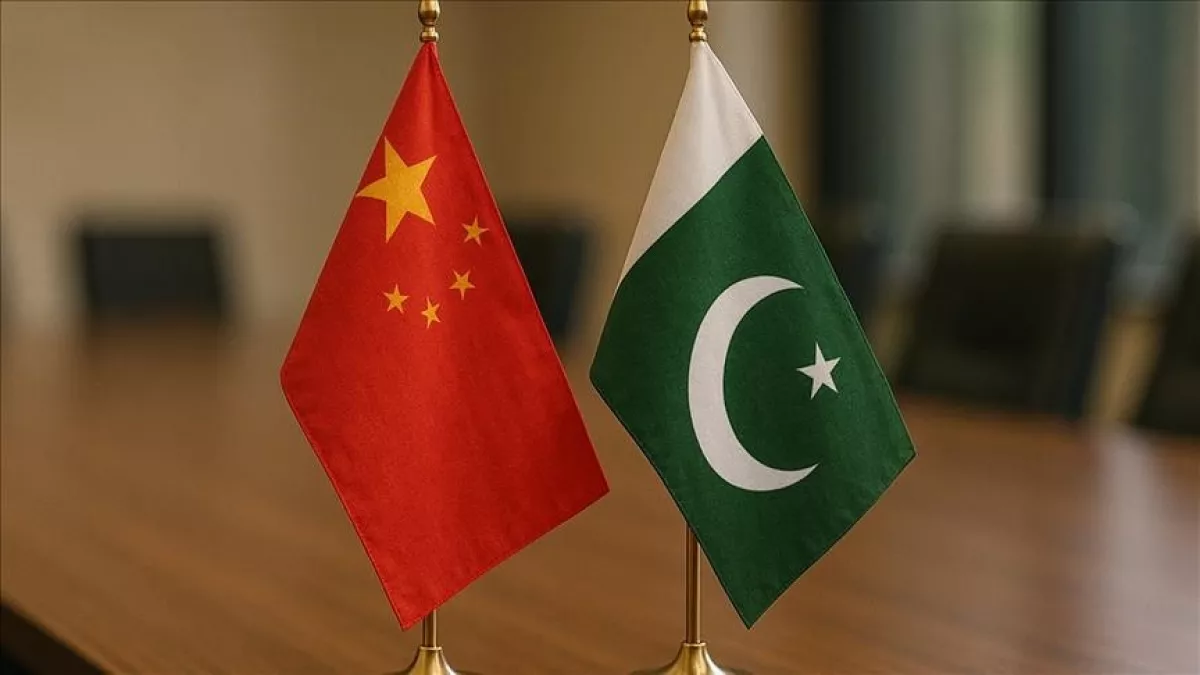
History has shown that China’s earlier strategy of leaning primarily on the Pakistan Muslim League-Nawaz (PML-N) carried serious risks. During the PML-N government, relations were smooth, and CPEC advanced at a rapid pace. However, the dynamics changed dramatically when the Pakistan Tehreek-e-Insaf (PTI) under Imran Khan came into power in 2018.
The PTI leadership was openly skeptical of several Chinese projects. They believed that the agreements were clouded by corruption and inflated costs, with allegations of kickbacks and non-transparent deals. Consequently, Imran Khan’s government ordered a comprehensive audit of CPEC projects. While it is true that anomalies were discovered, China’s immediate reaction was to halt progress on almost all projects.
The atmosphere grew tense. The then Chinese Ambassador to Pakistan, Sun Weidong, reportedly took nearly two months before deciding whether to pay a courtesy visit to Imran Khan and congratulate him on becoming Prime Minister. The delay was symbolic, reflecting China’s dissatisfaction with the PTI government’s approach.
With the PML-N’s return to power, efforts were made to mend fences. The leadership of the party worked hard to restore Beijing’s confidence. These attempts have largely borne fruit, and today, Pakistan-China relations once again appear to be on a strong trajectory. According to reports, CPEC-II is now poised to take off.
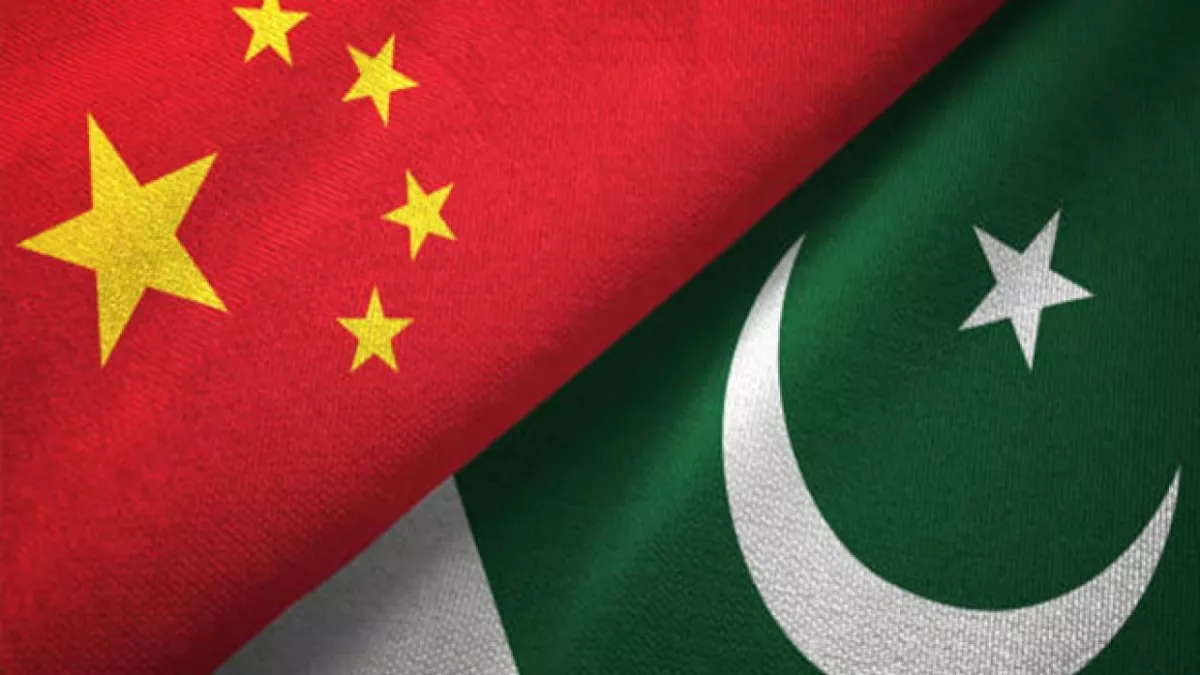
It is in this backdrop that the invitation to President Asif Ali Zardari becomes highly significant. By inviting Zardari on a 10-day trip, China has signaled its intent to cultivate closer ties with the PPP.
Zardari himself is a pragmatic leader with vast experience in international diplomacy. His extended engagement in China is likely to cover a wide array of issues—from CPEC-II projects to broader political cooperation, security collaboration, and people-to-people ties.
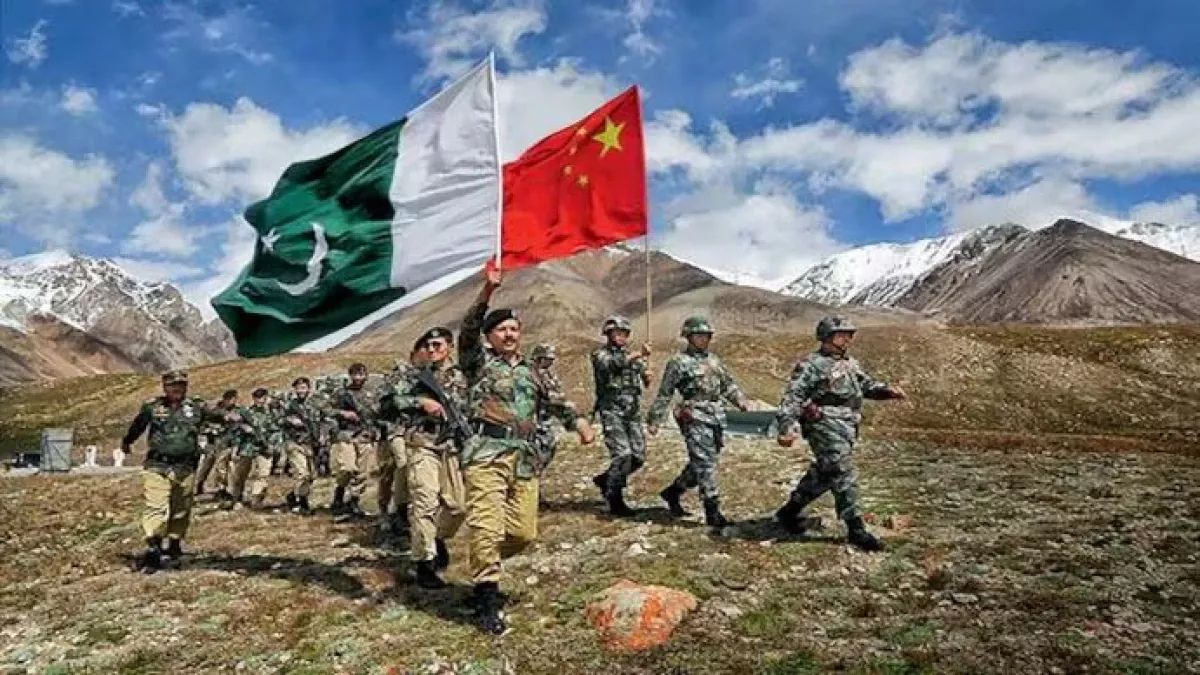
While strengthening ties with the PPP is wise, China must not stop there. If it is truly committed to safeguarding its long-term interests, it needs to extend similar outreach to the PTI as well. Despite the imprisonment of many of its leaders and the immense challenges it faces, PTI remains the most popular political force in Pakistan. Ignoring PTI would be short-sighted.
Beyond the immediate political calculations, Zardari’s visit also underscores the depth of Pakistan-China relations. For Pakistan, China is more than just a development partner—it is the country’s most dependable ally on the global stage. At a time when Pakistan faces economic crises, security challenges, and shifting regional dynamics, Chinese support has been indispensable.
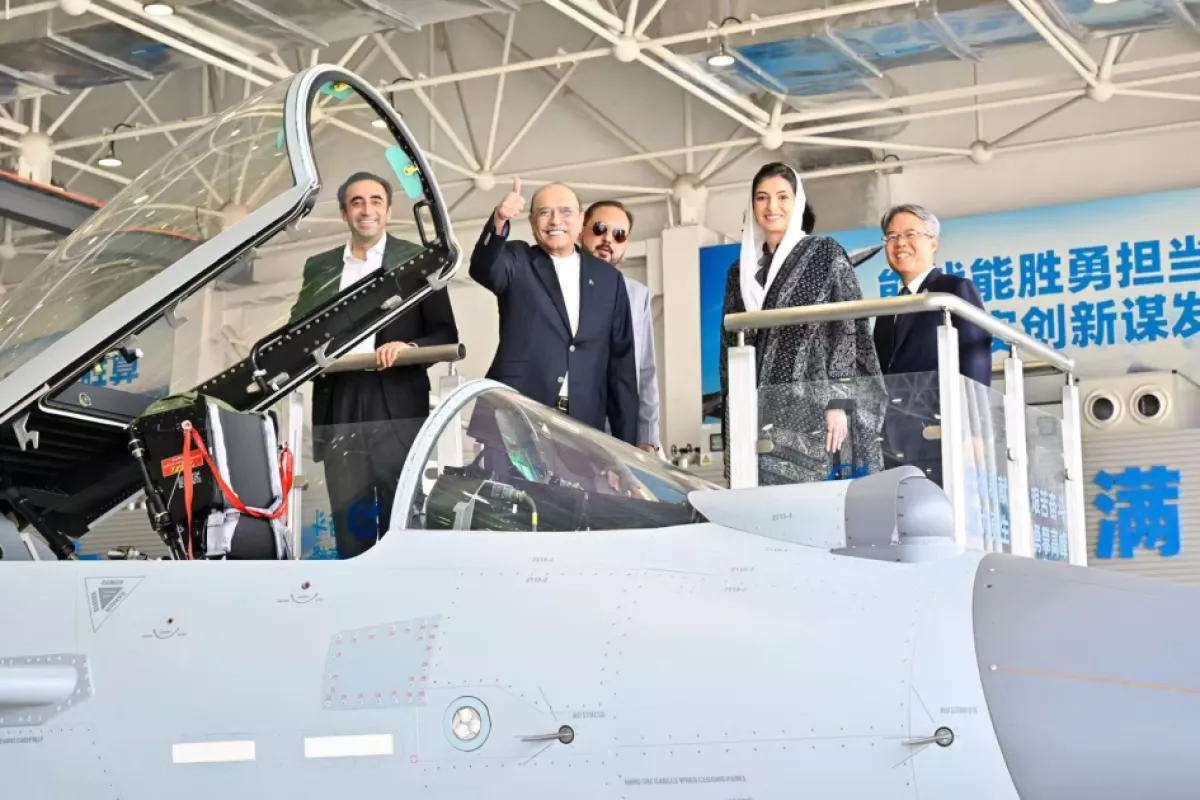
President Asif Ali Zardari’s extended visit to China is more than a diplomatic courtesy—it is part of a carefully crafted strategy by Beijing to diversify its engagement across Pakistan’s political spectrum. The visit reflects both opportunity and responsibility. For China, it offers a chance to secure its investments and strengthen trust. For Pakistan, it provides another opening to rebuild credibility and demonstrate political maturity.
Zardari’s China visit may well mark the beginning of a new, more balanced phase in the Pakistan-China relationship—one that acknowledges the reality of Pakistan’s complex political landscape and the necessity of working inclusively for shared prosperity,” the article reads.








